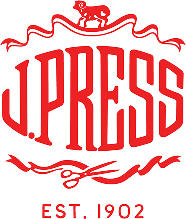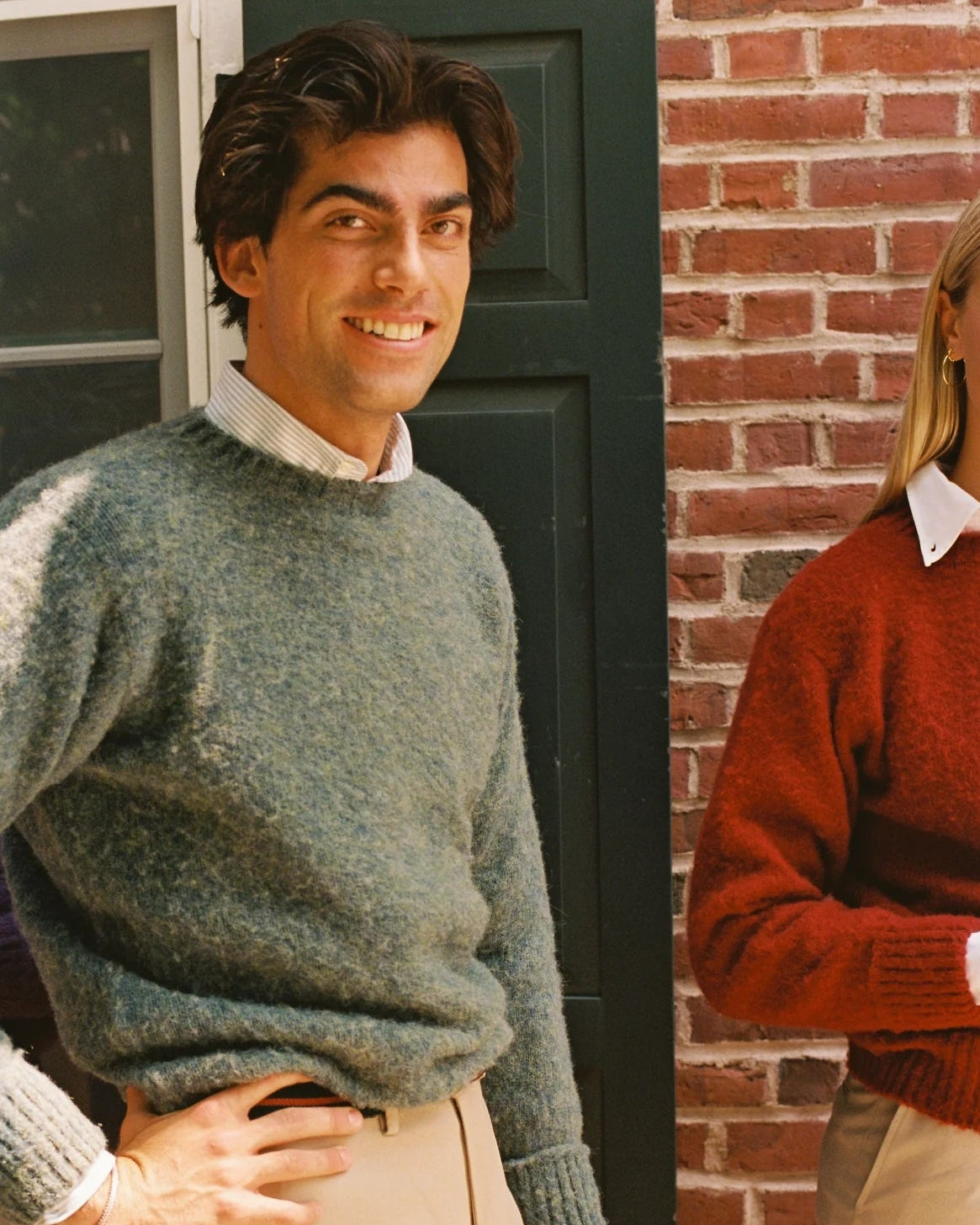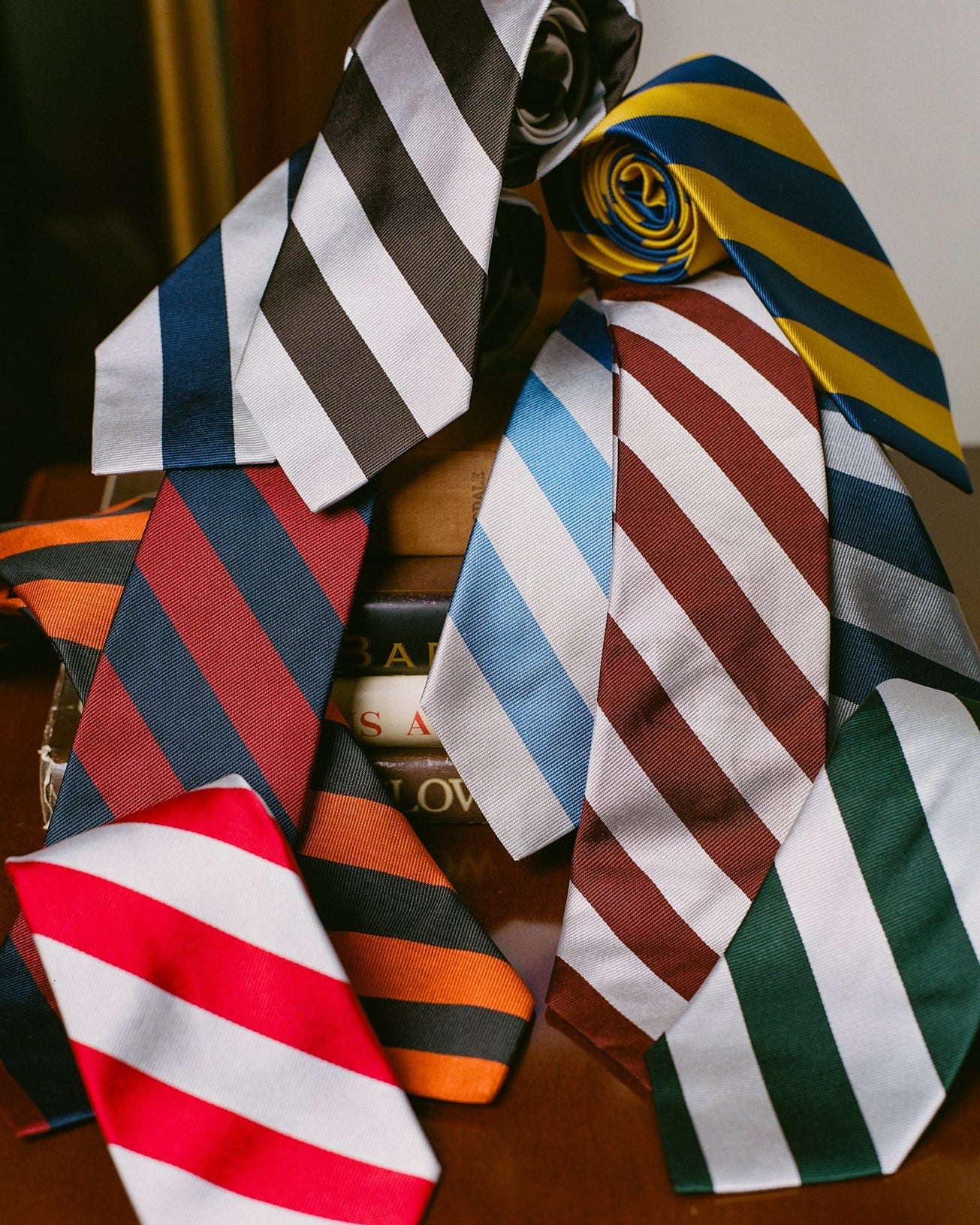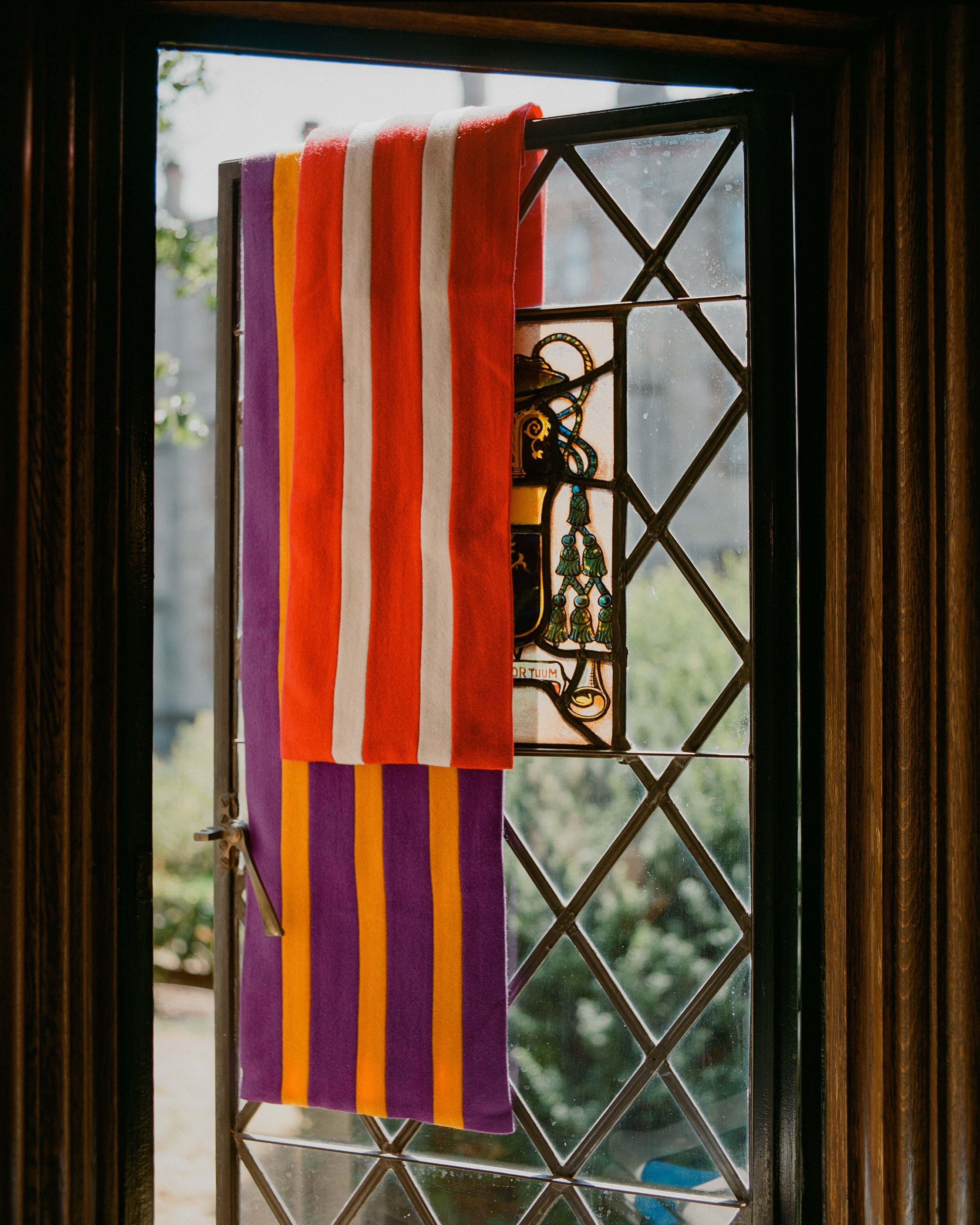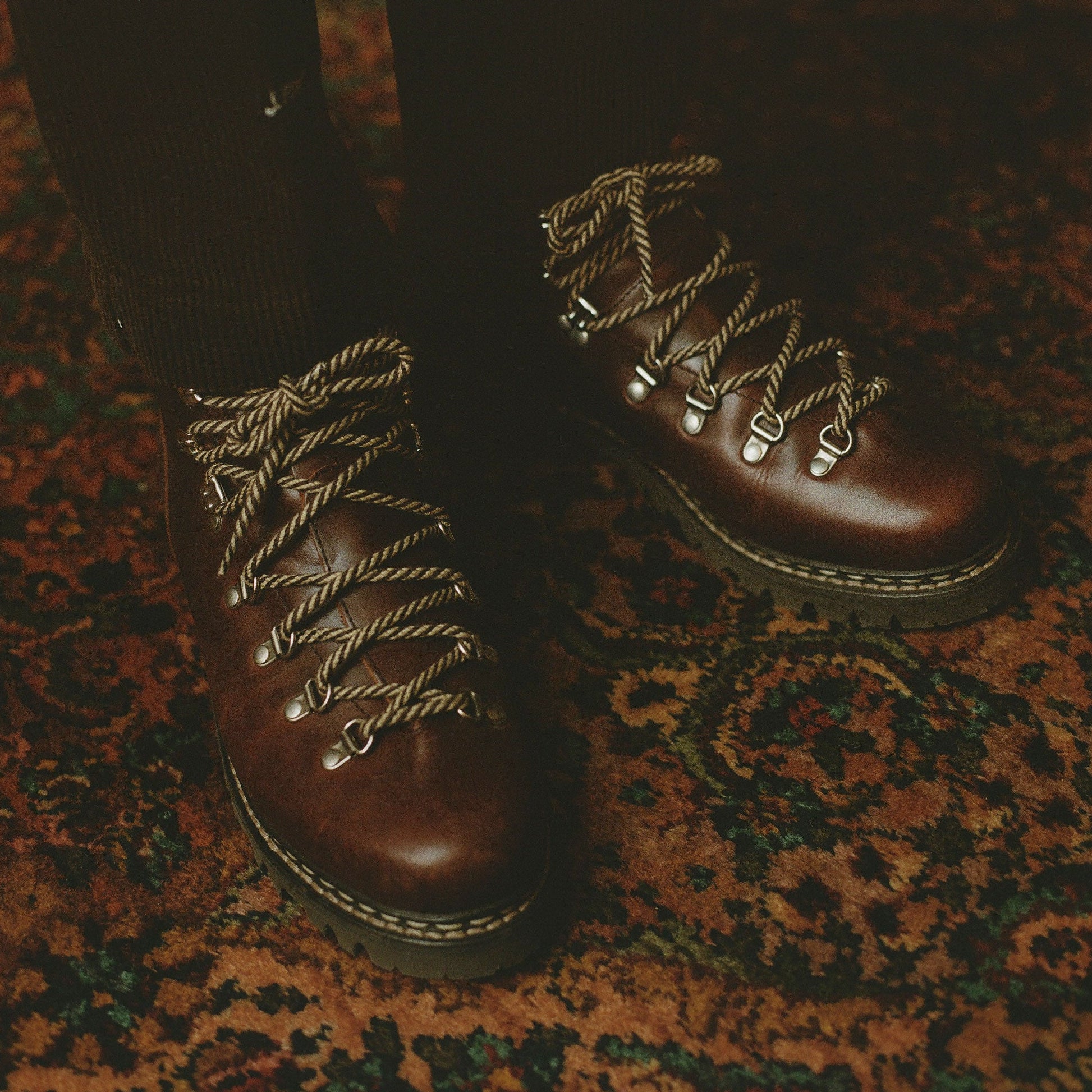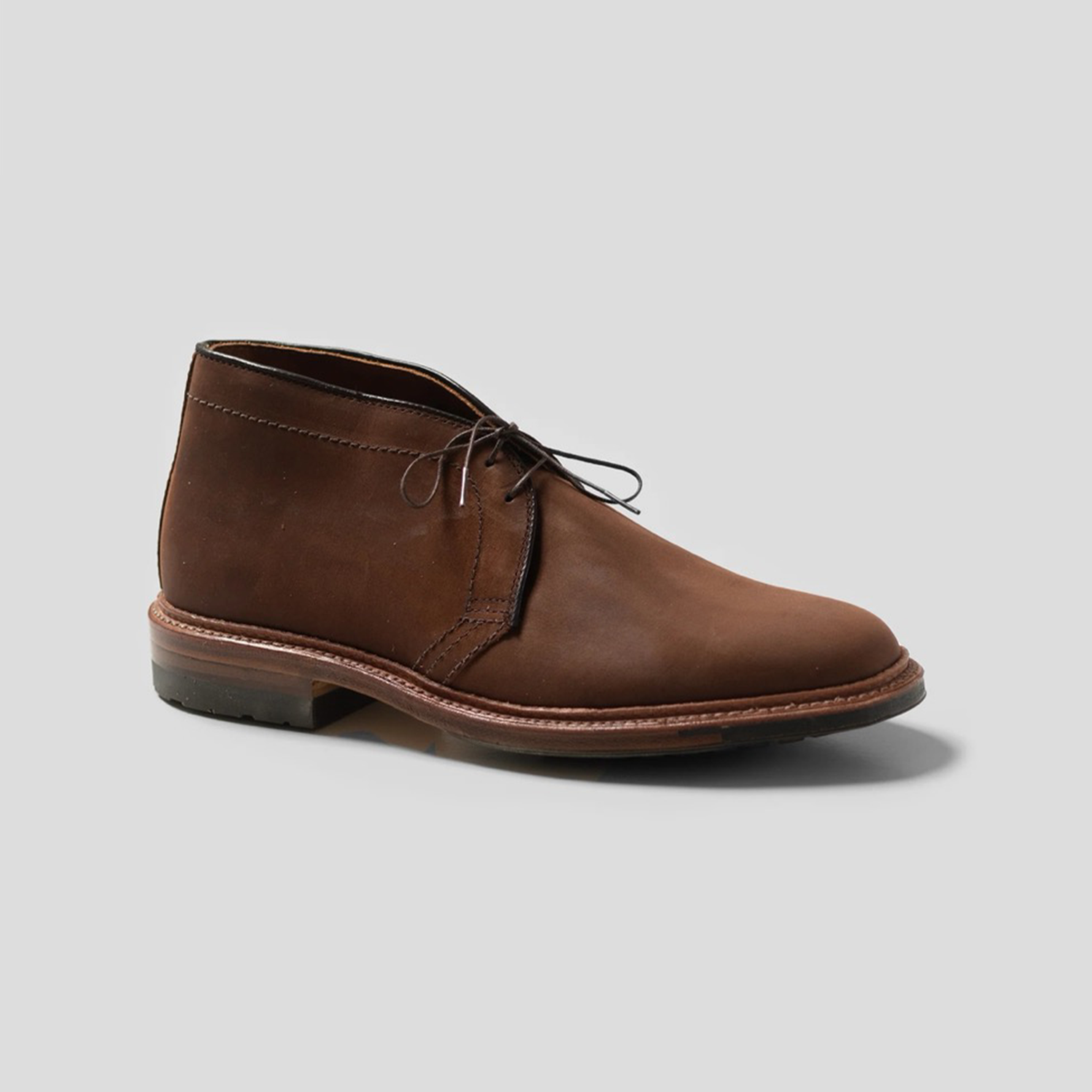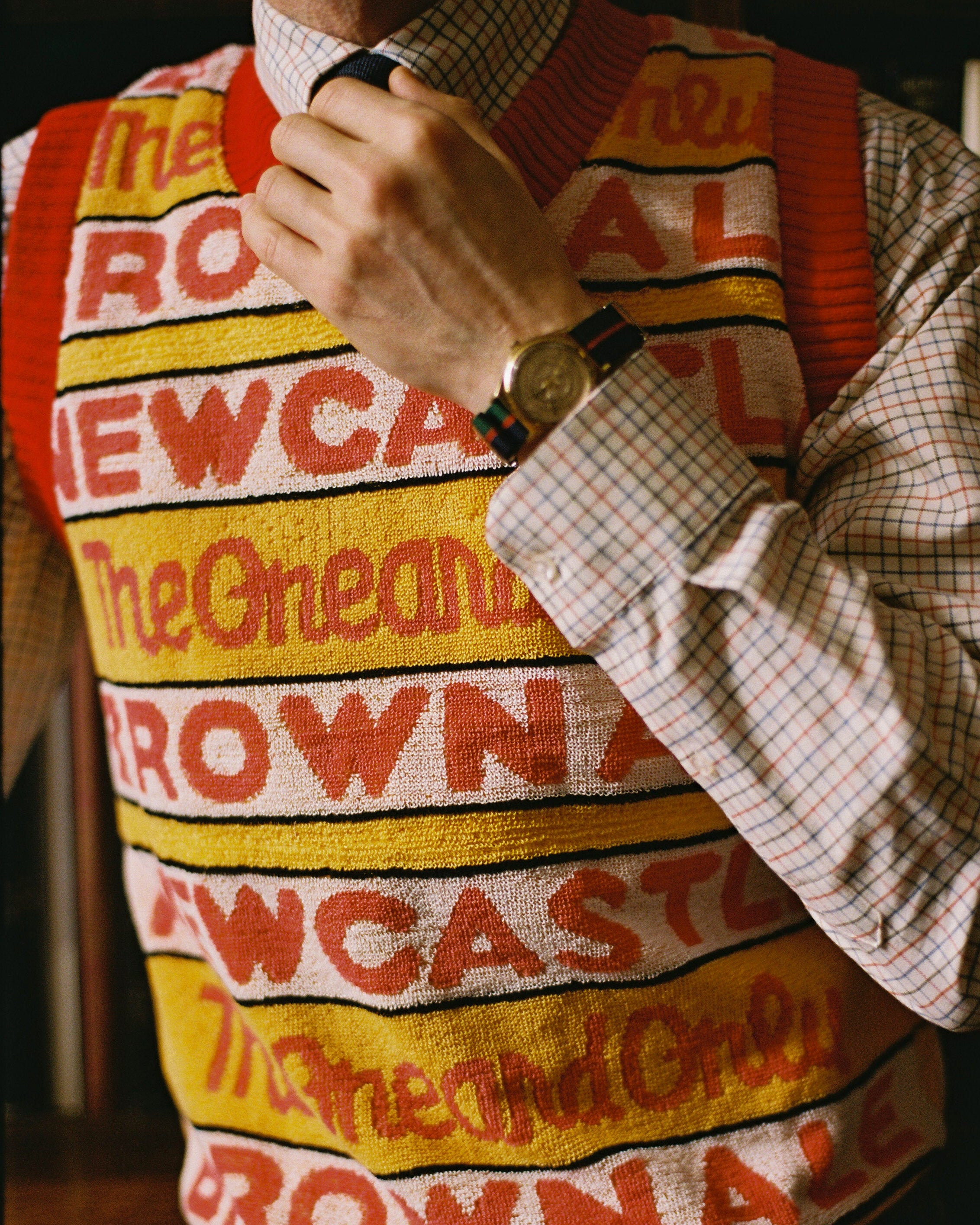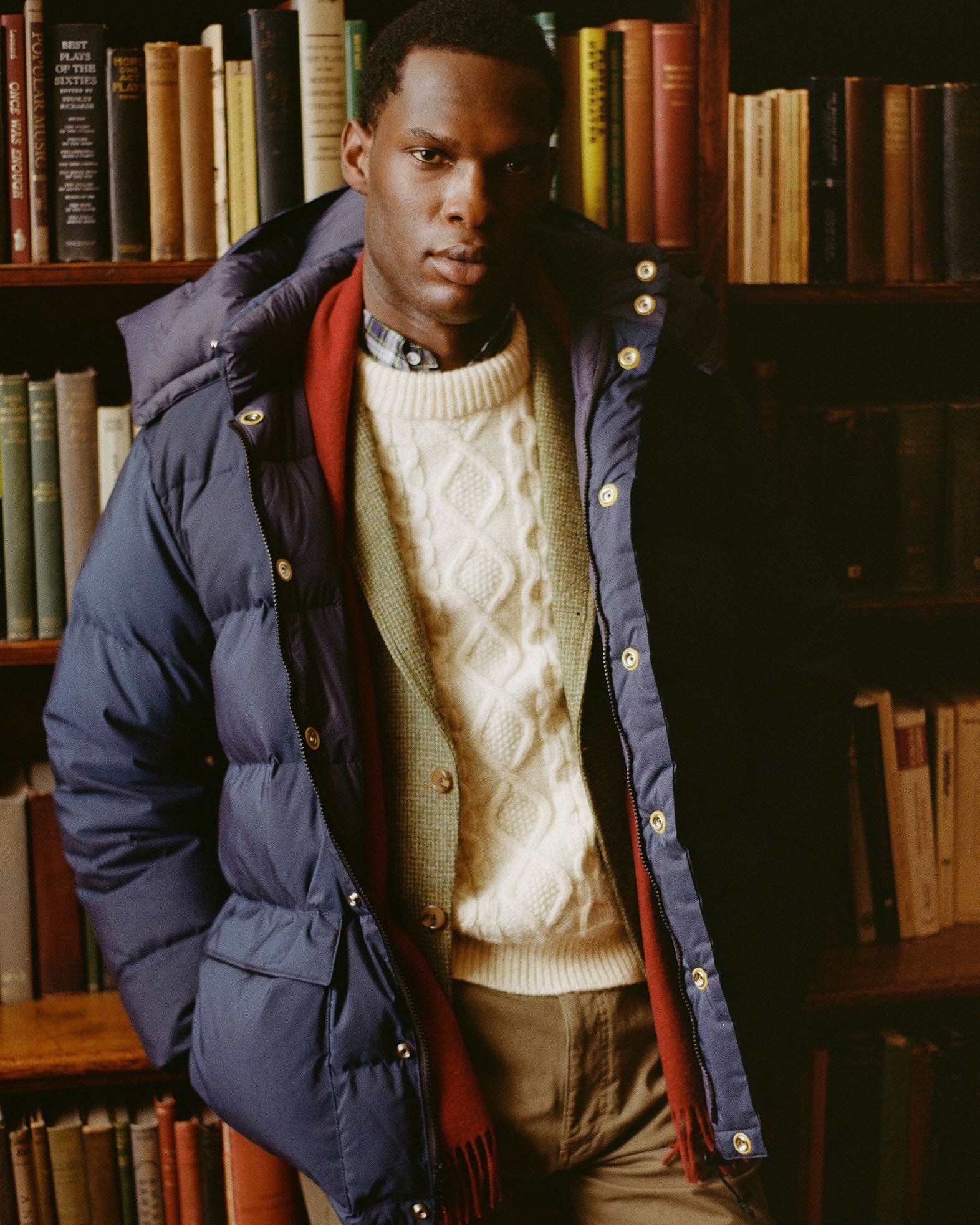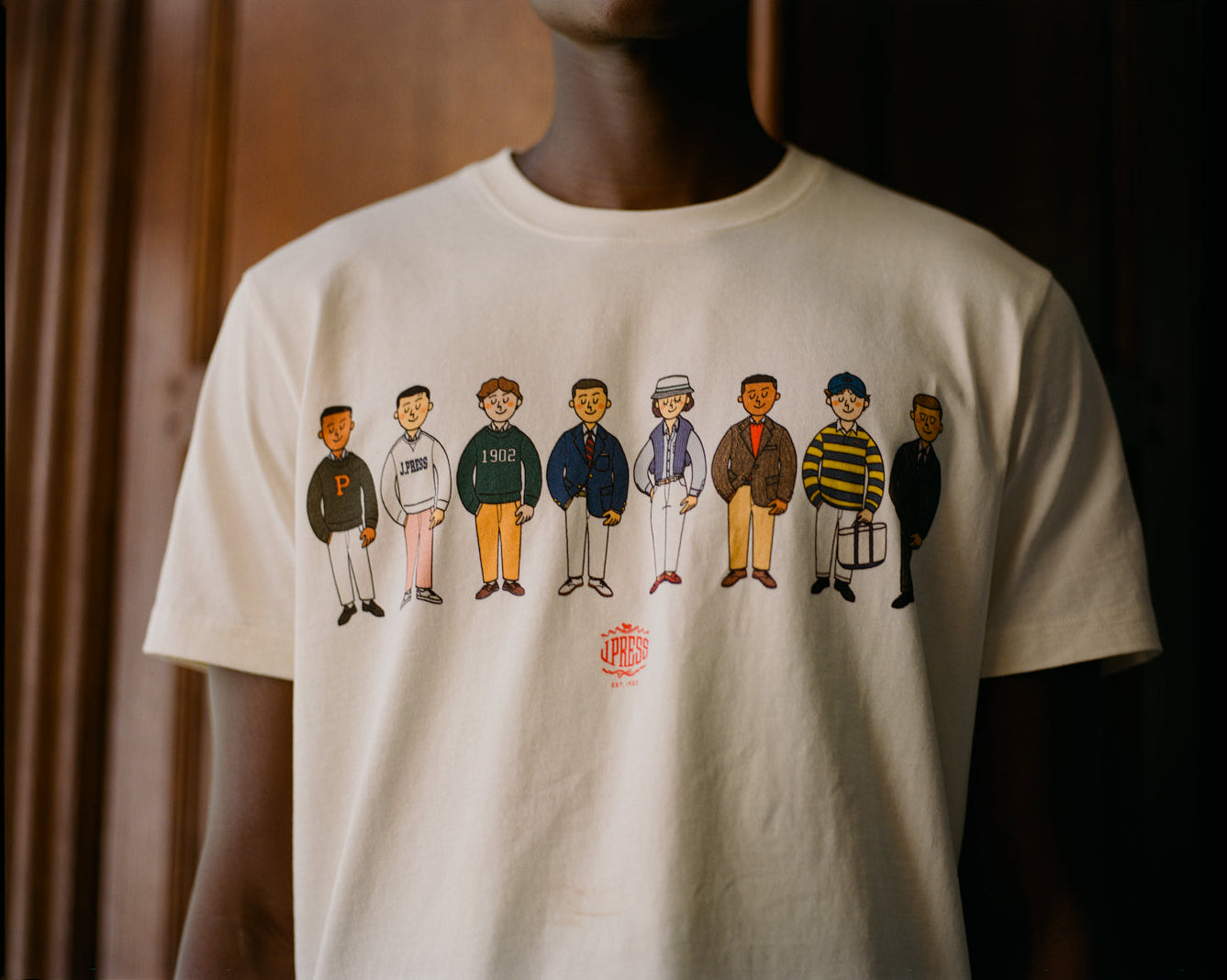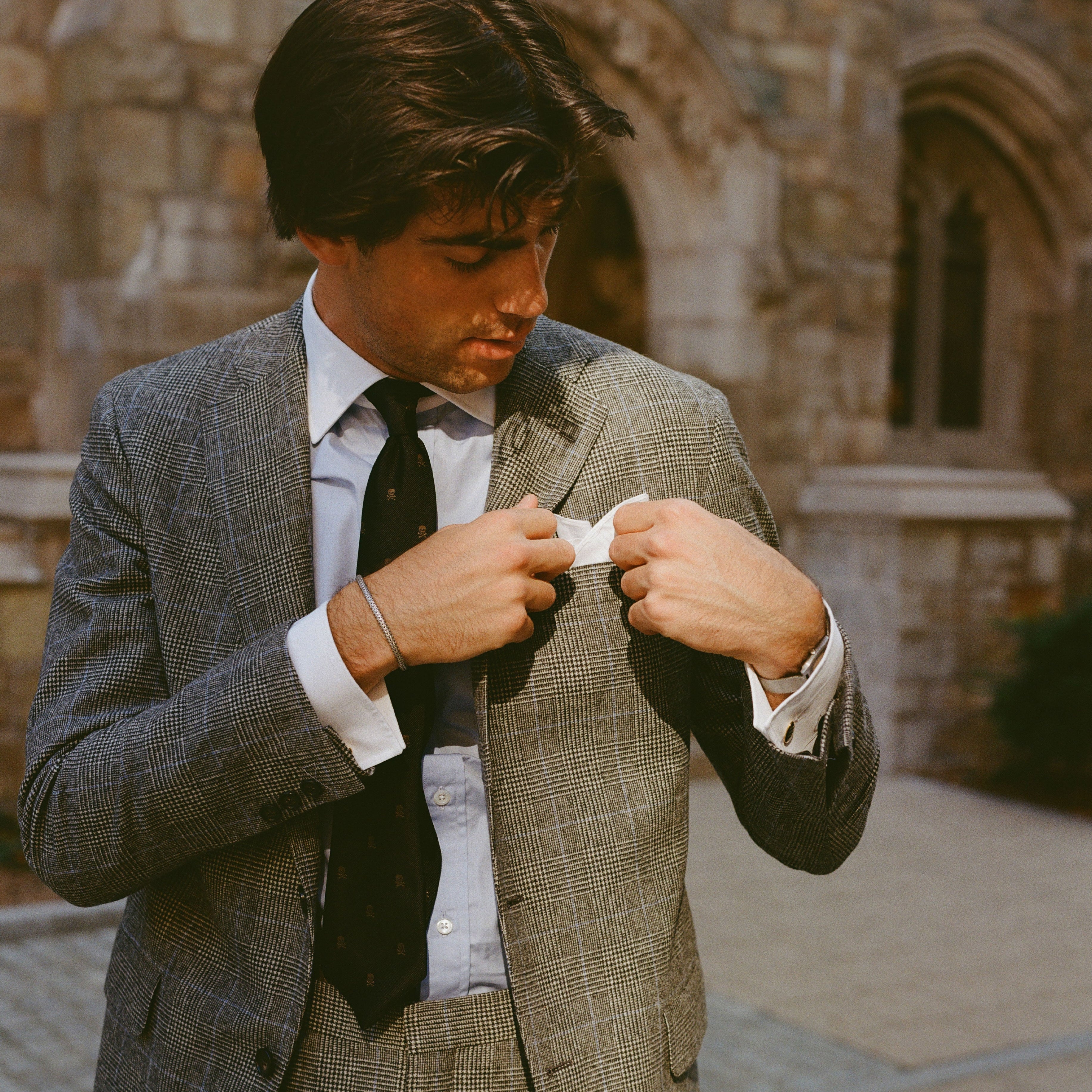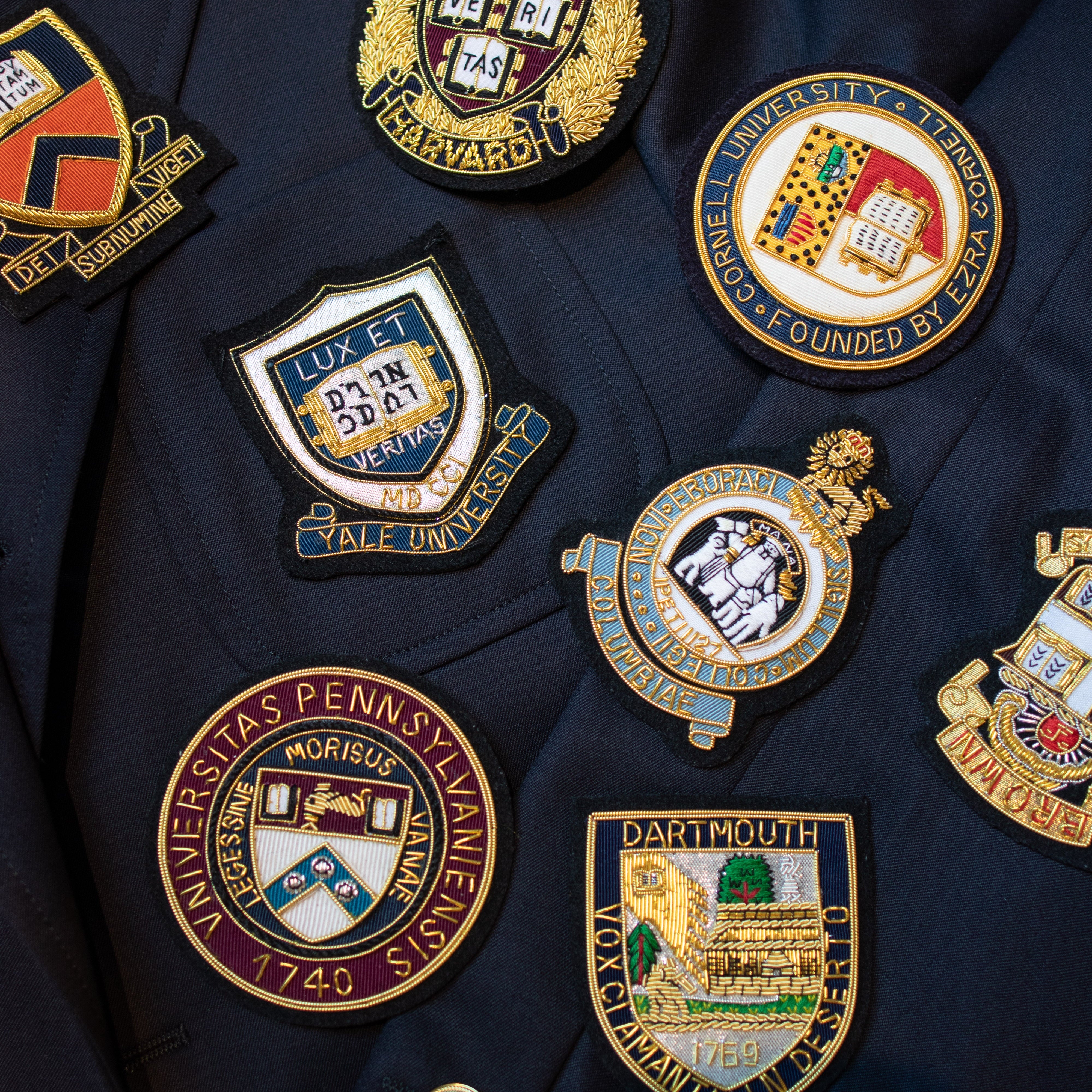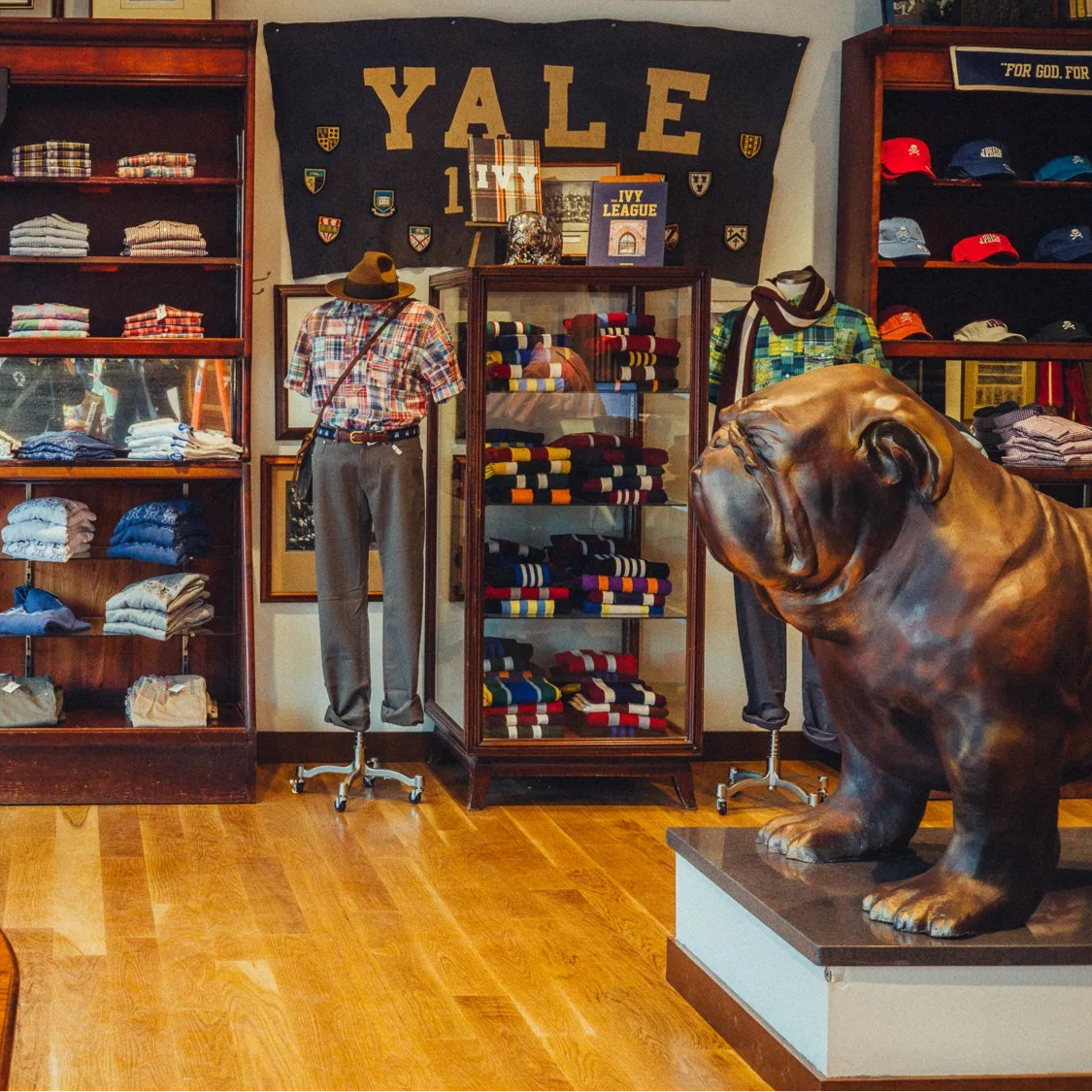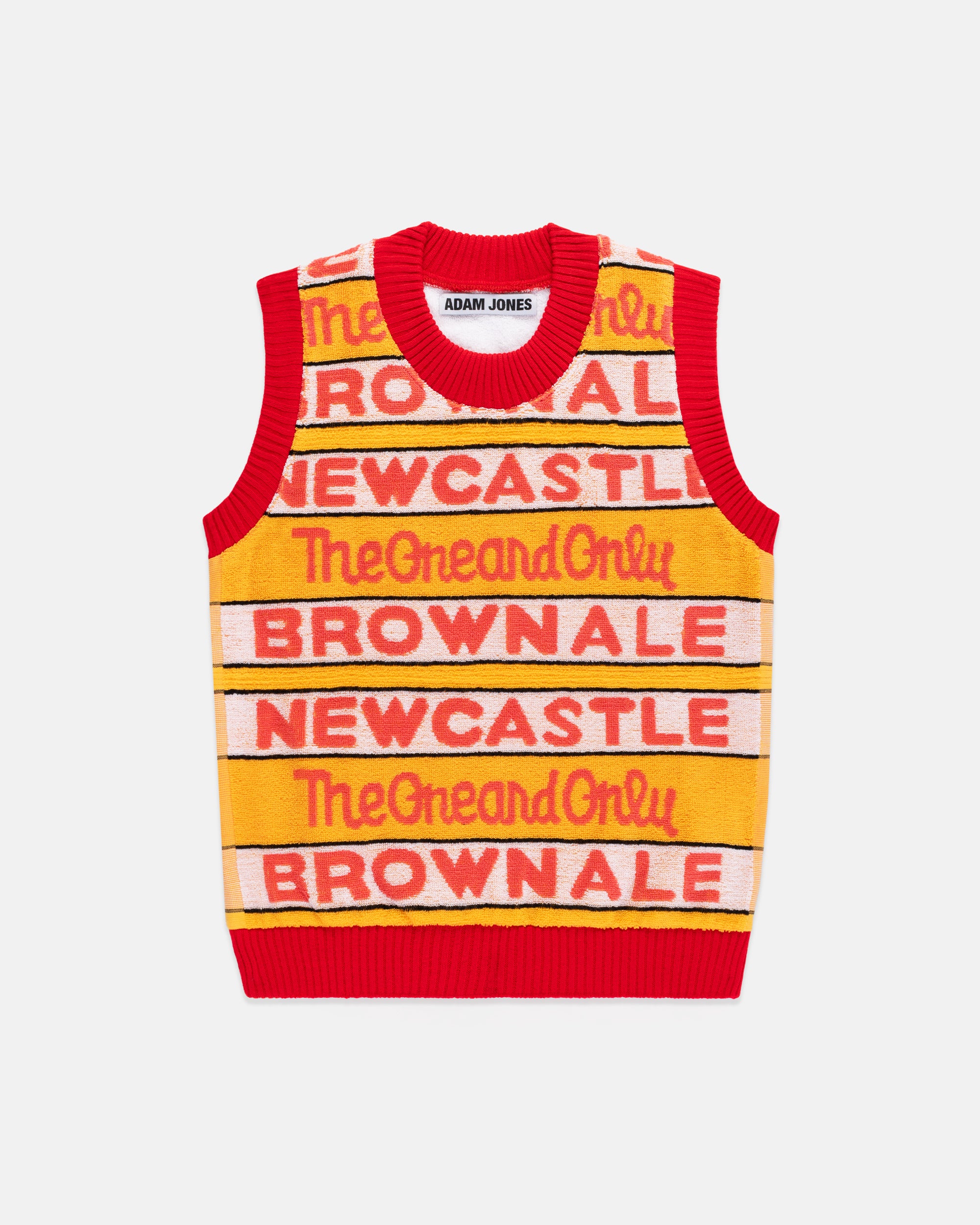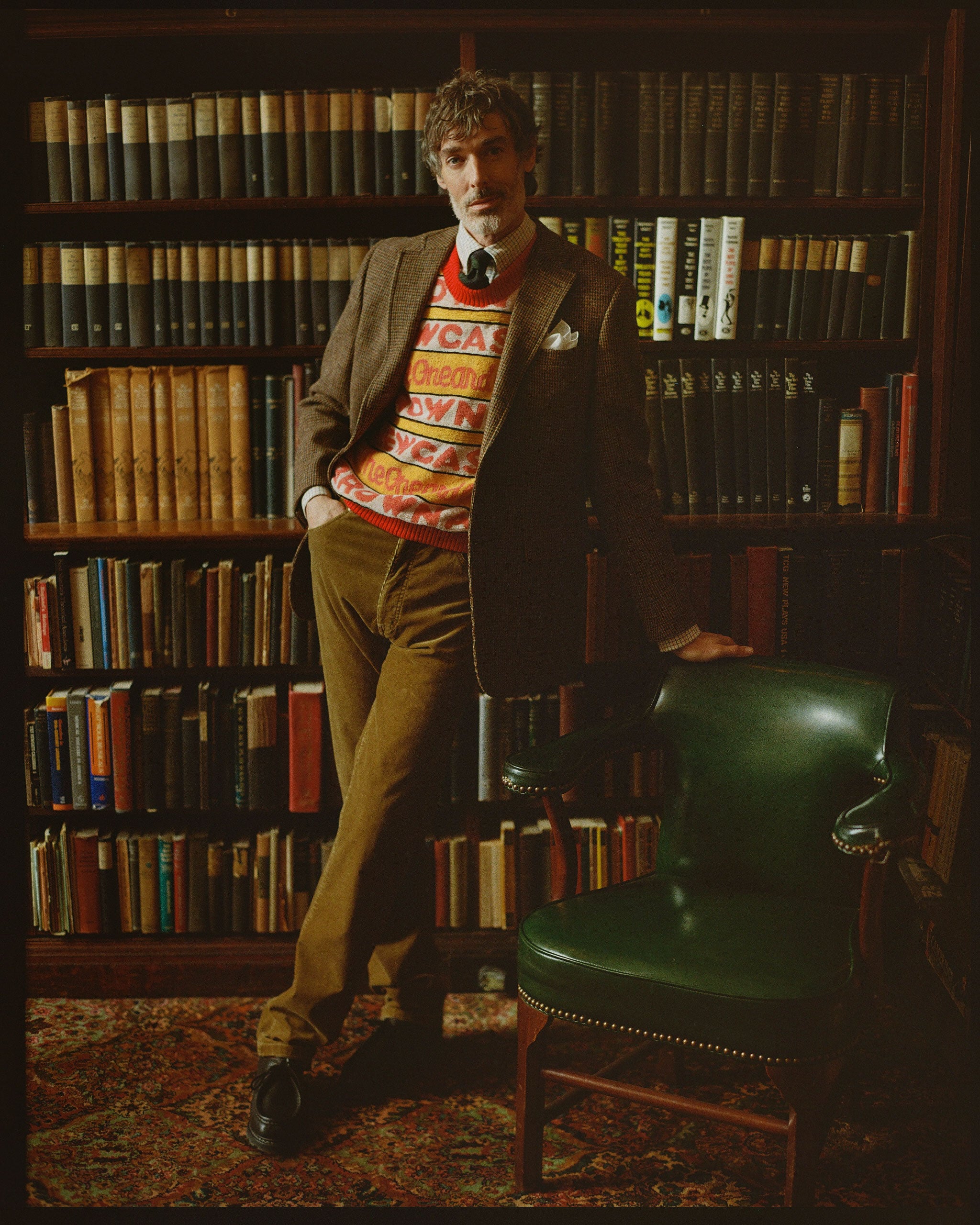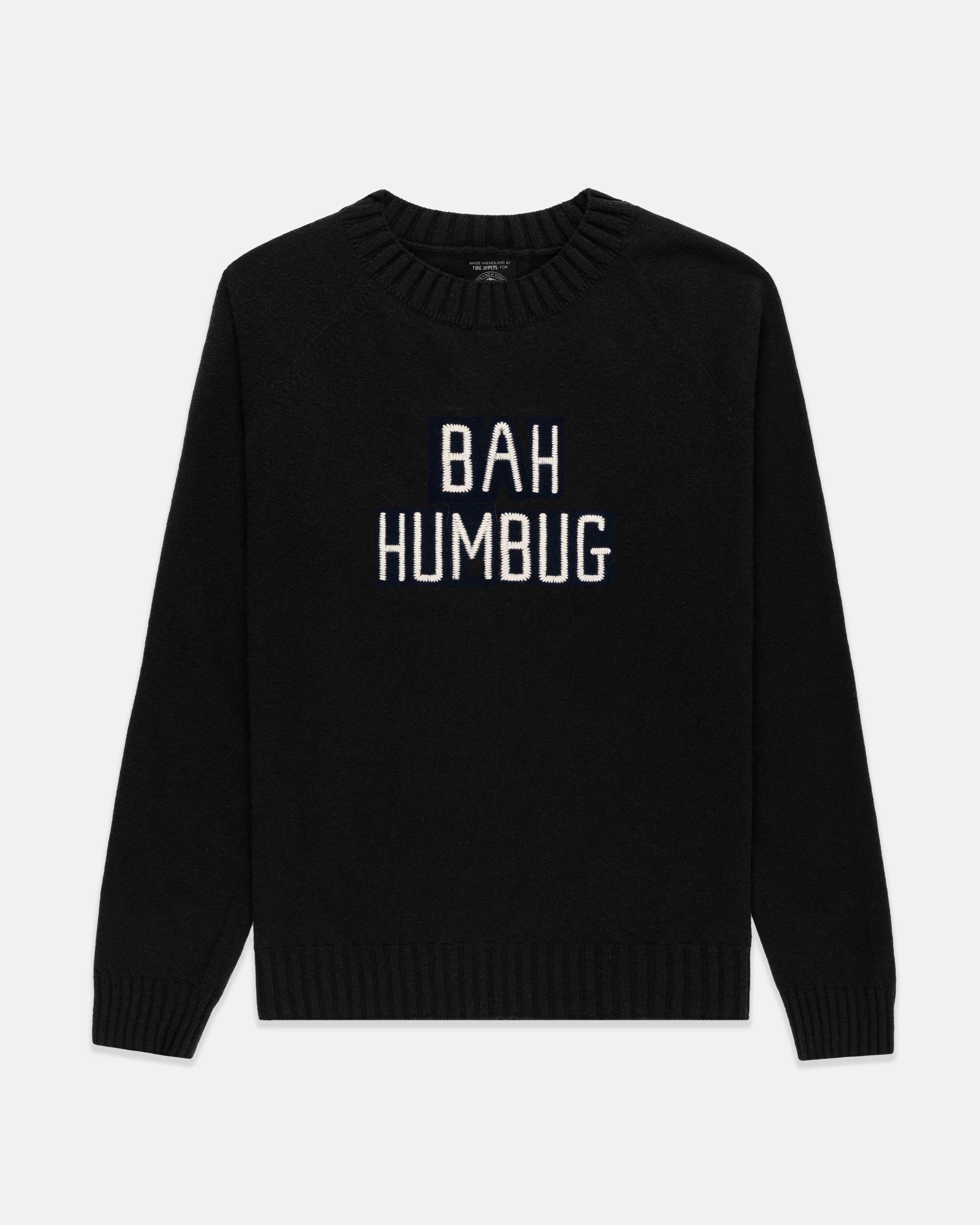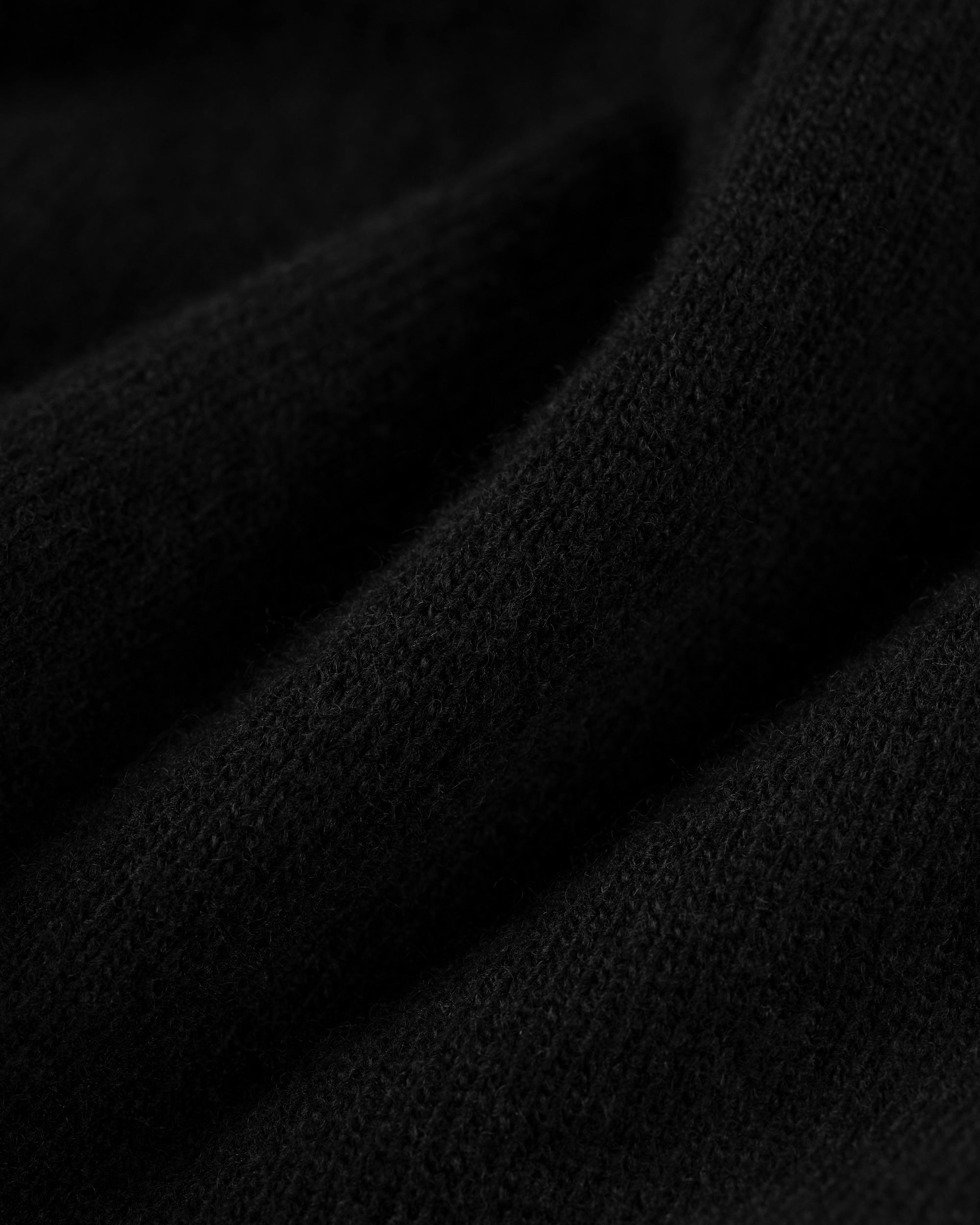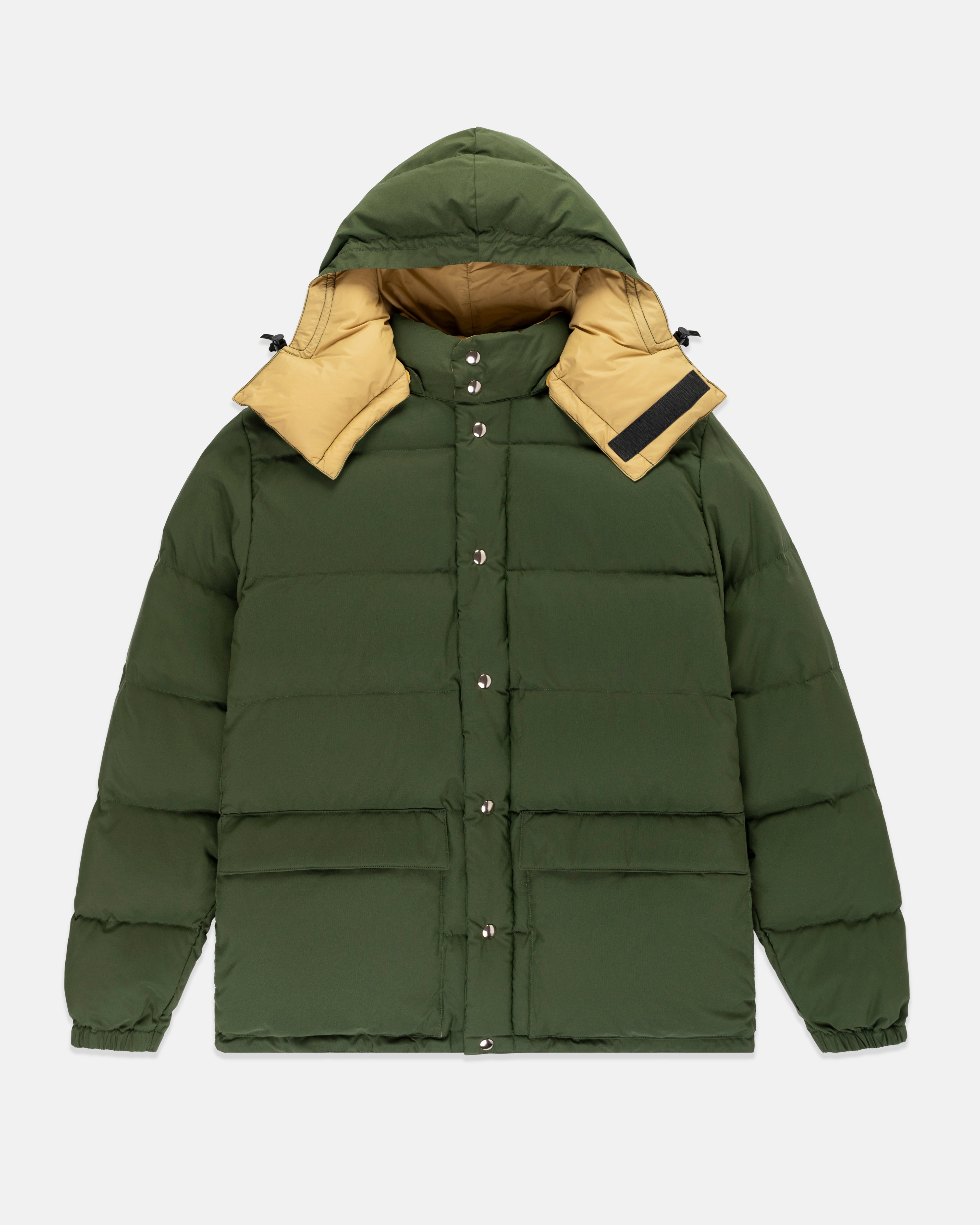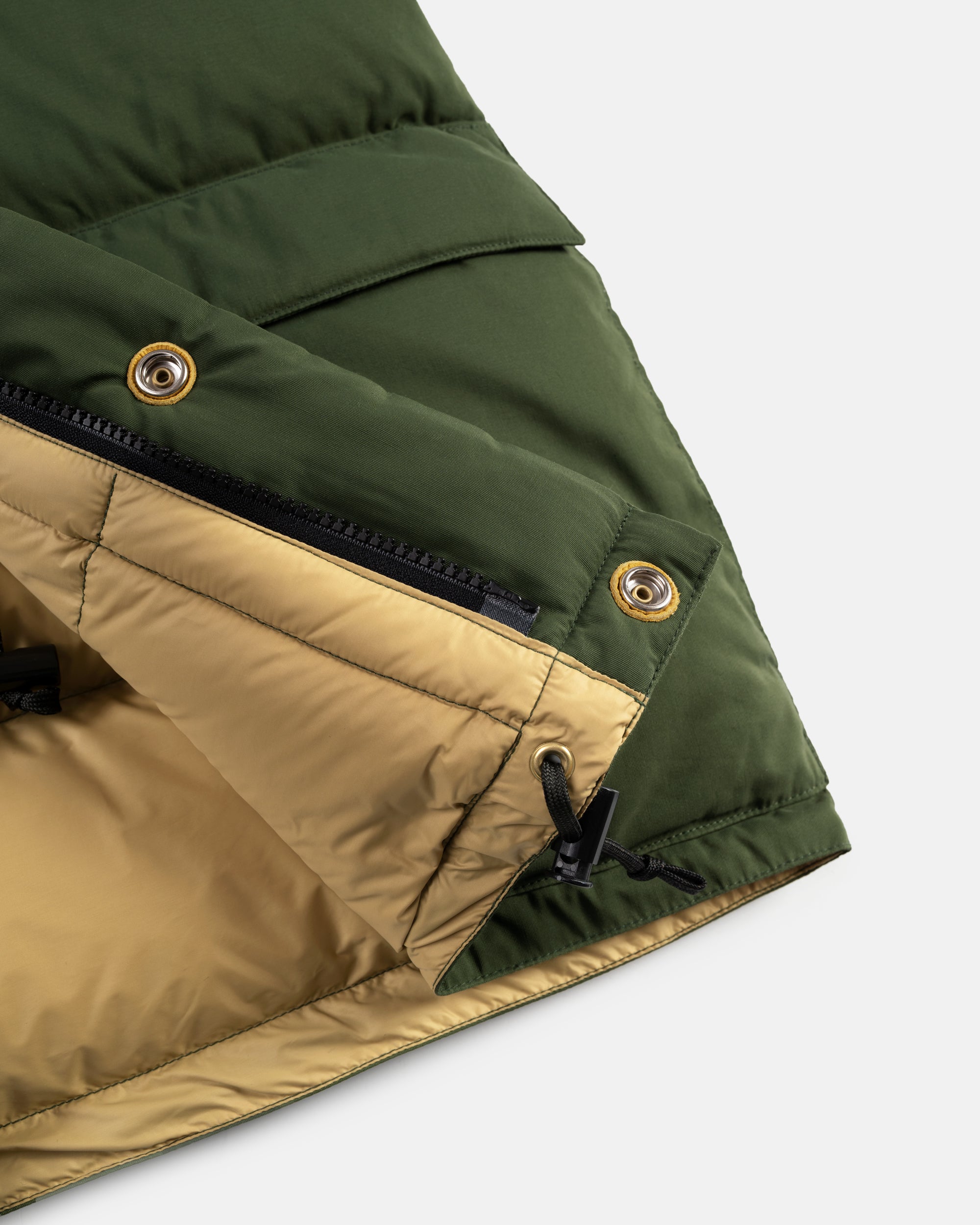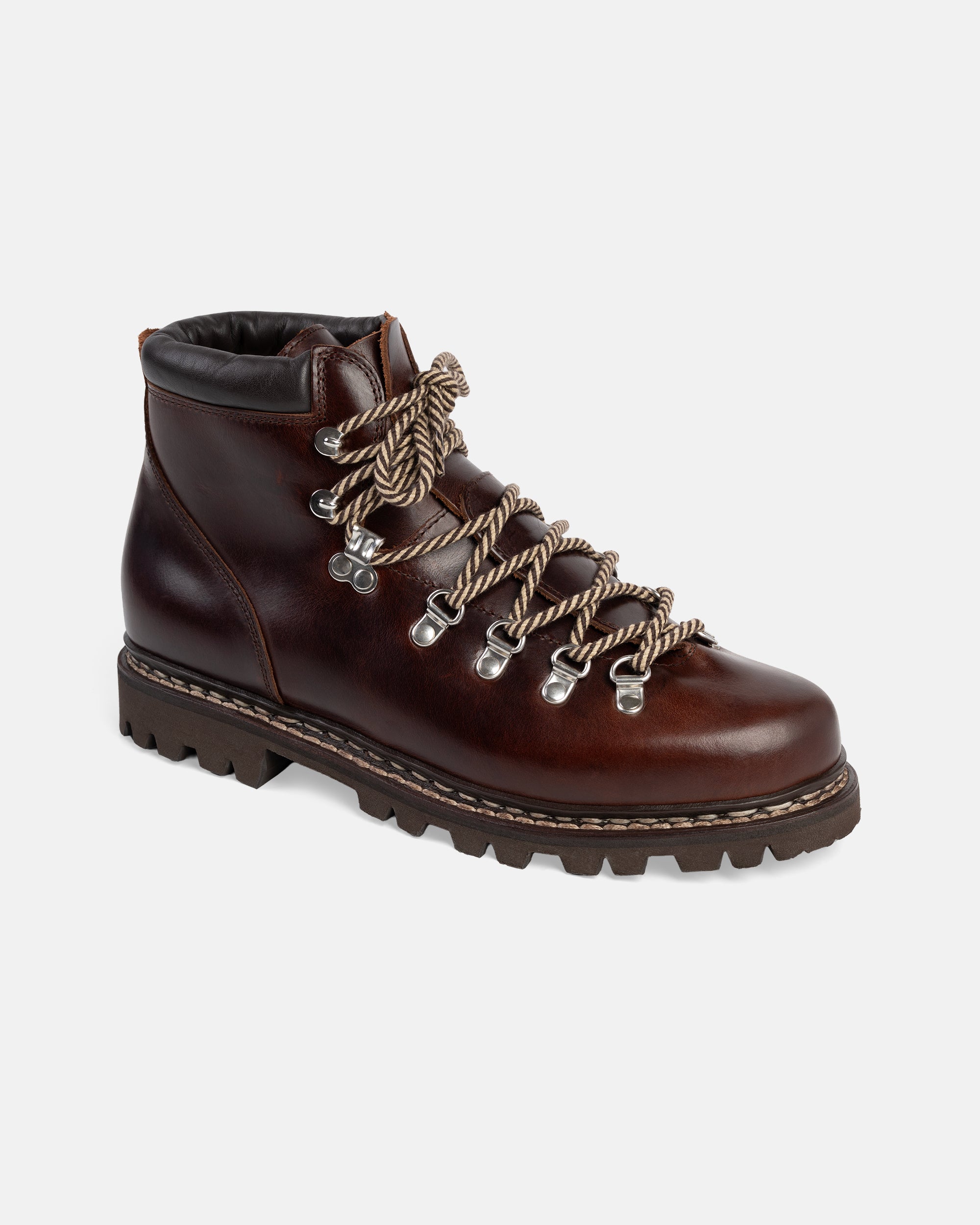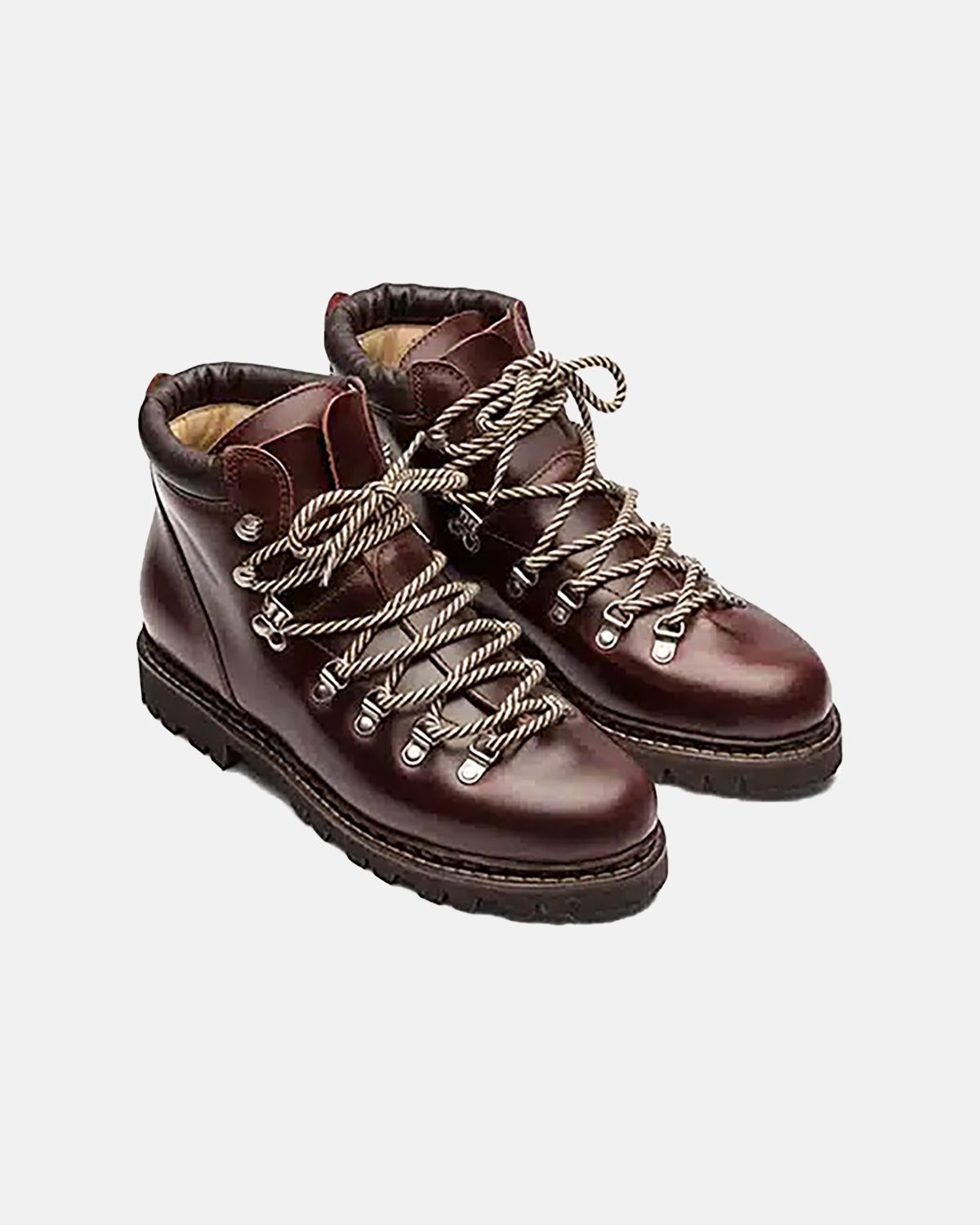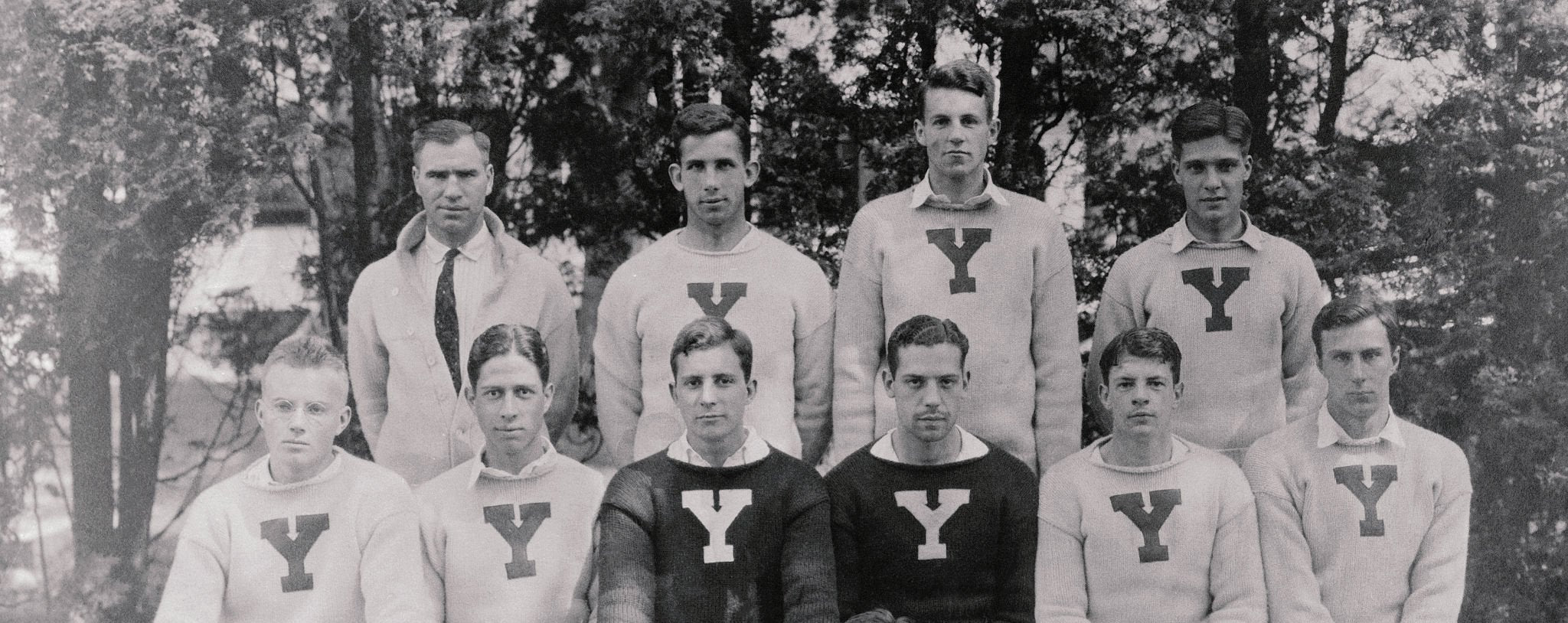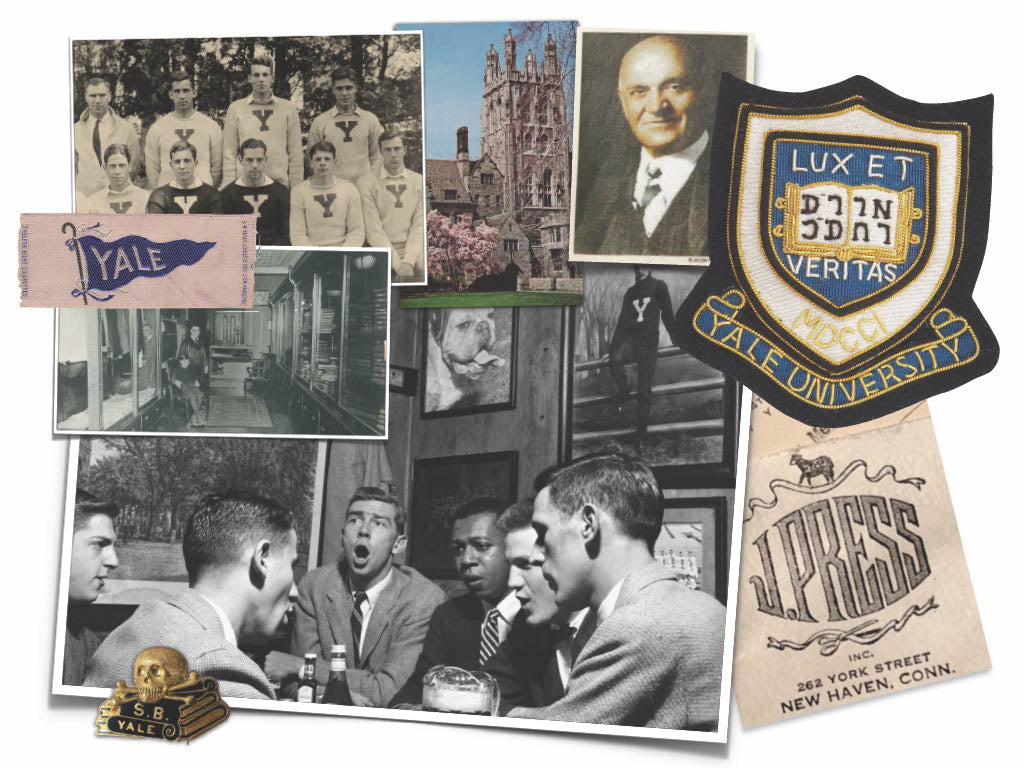
Est. 1902
J. Press was founded at Yale in 1902. Jacobi Press came to the United States from Latvia, originally intending to become a rabbi. Instead, he became a tailor. But not just any tailor: J. Press quickly became the tailor and outfitter of choice for Yale men and for America’s upper classes more broadly.
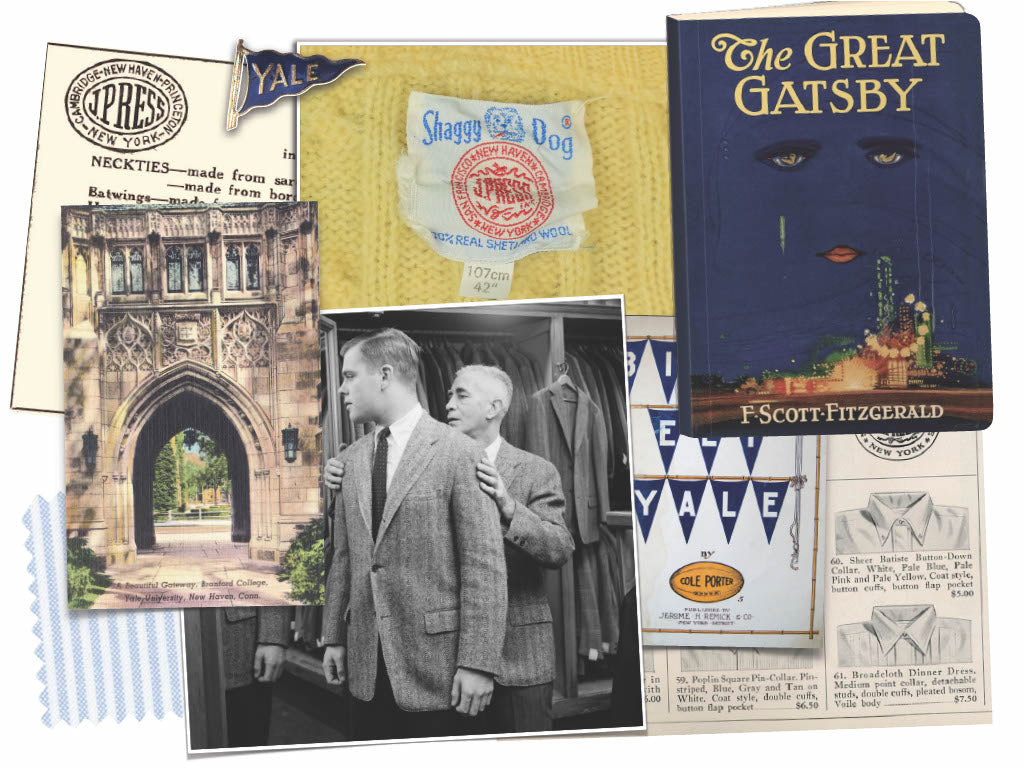
The Ivy League Look
Cole Porter (Yale class of 1913), F. Scott Fitzgerald, Patrick Dennis, Robert Ludlum, and Tom Wolfe have all made reference to J. Press in their work — as a shorthand first for Yalies and later for the upper echelons of American society. Widely credited with creating “the Ivy League look,” J. Press became synonymous with classic American style: navy blazers, soft-shoulder suits, repp ties, Oxford cloth button-downs, Shaggy Dog shetland sweaters, and more.
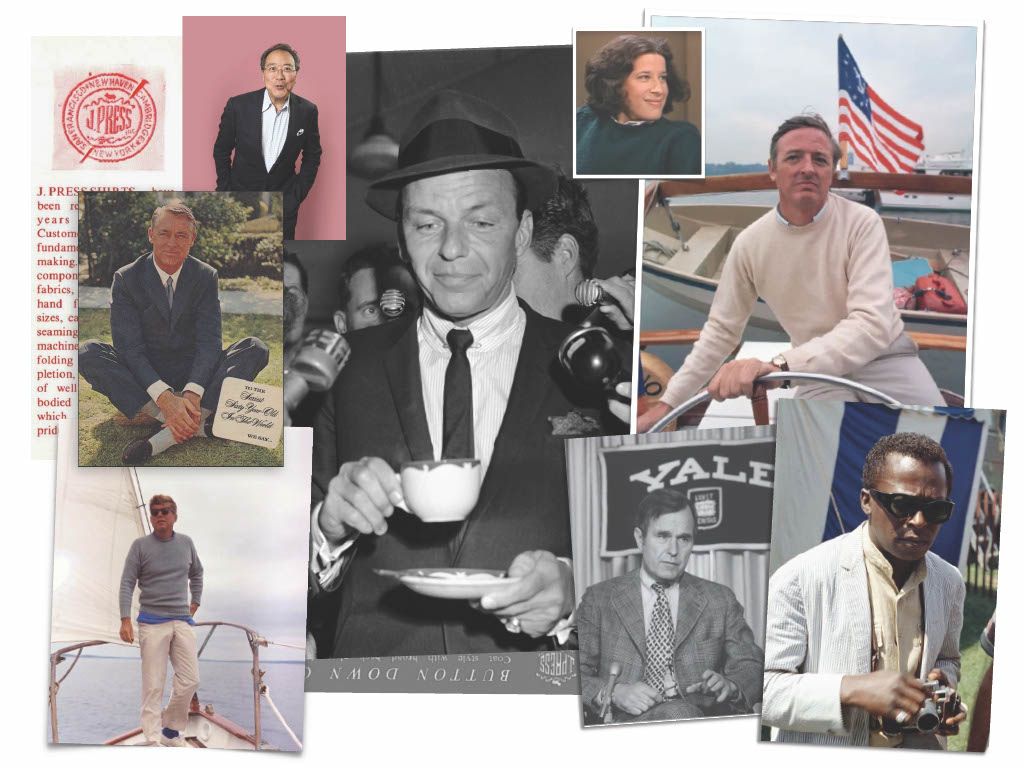
J. Press: An American Icon
Favored by many of the most iconic figures in American history — Frank Sinatra, Cary Grant, Miles Davis, Averell Harriman, Robert Frost, George Plimpton, Fran Lebowitz, Yo-Yo Ma, and Presidents Roosevelt, Kennedy, Ford, Bush, and Clinton, to name a few — J. Press became the paramount American clothier for those in the know.
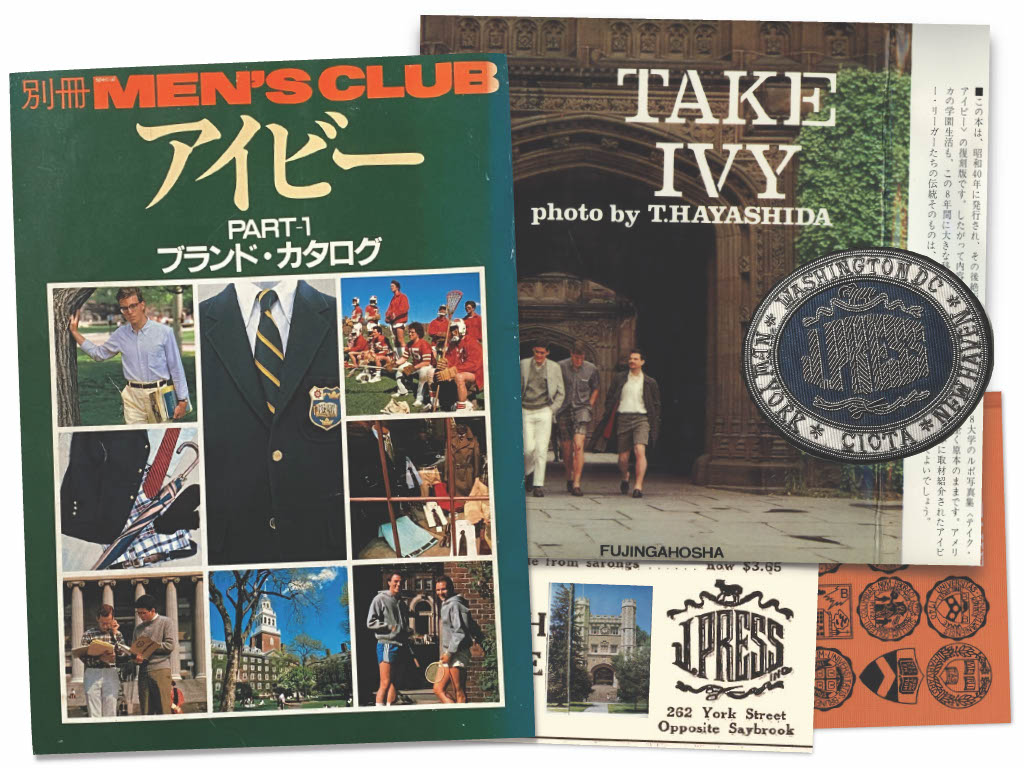
Japanese Ivy
When “Ametora” — an obsession with Ivy style, or “American traditional” style — swept Japan in the 1960s, J. Press became a coveted name among Tokyo’s cognoscenti. Revered for its quality, service, and attention to detail, J. Press clothing featured prominently in the 1965 Japanese picture book Take Ivy and, in response to demand for its products in Japan, the company opened its first Tokyo store in the ’70s: the same decade in which the novel Love Story coined the word “preppy” as a sobriquet for the privileged world of America's elite schools and universities.
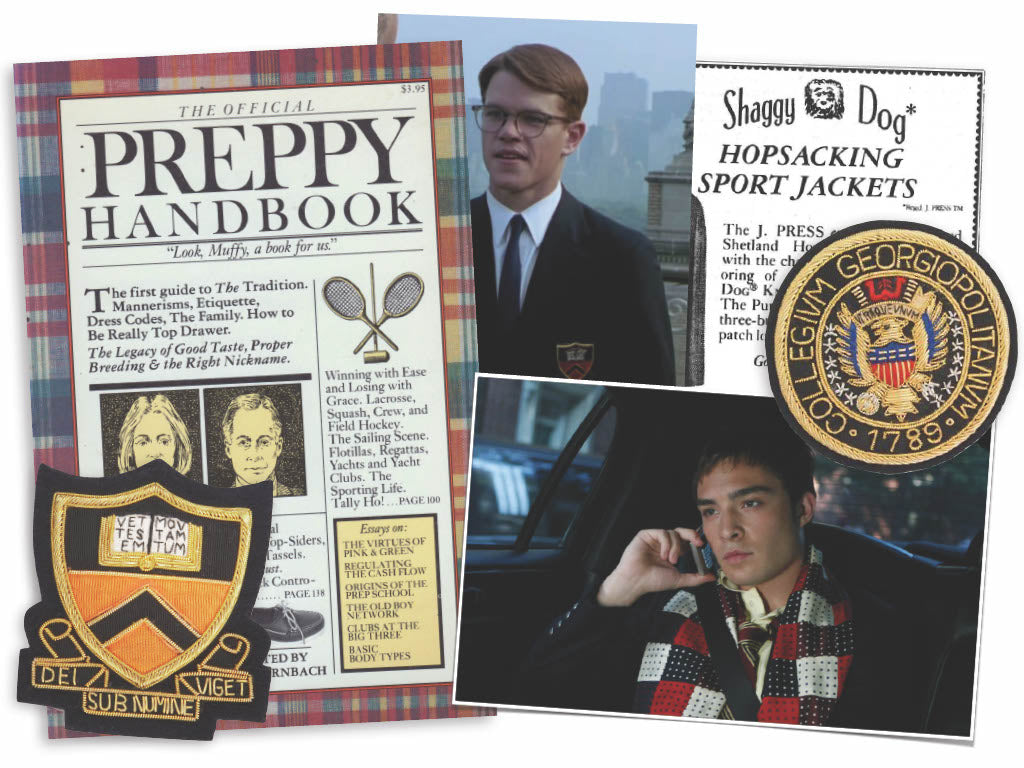
The Real Thing
Tweed and corduroy, seersucker and madras, the perfect collar roll on a button-down shirt, the perfect lapel shape on a navy blazer: these are the things for which J. Press is famous, and the things which countless others have sought to imitate. The release of The Official Preppy Handbook in 1980 and wider exposure through film and television — including The Talented Mr. Ripley, 21, Gossip Girl, and more — further enshrined J. Press’ place in American history.
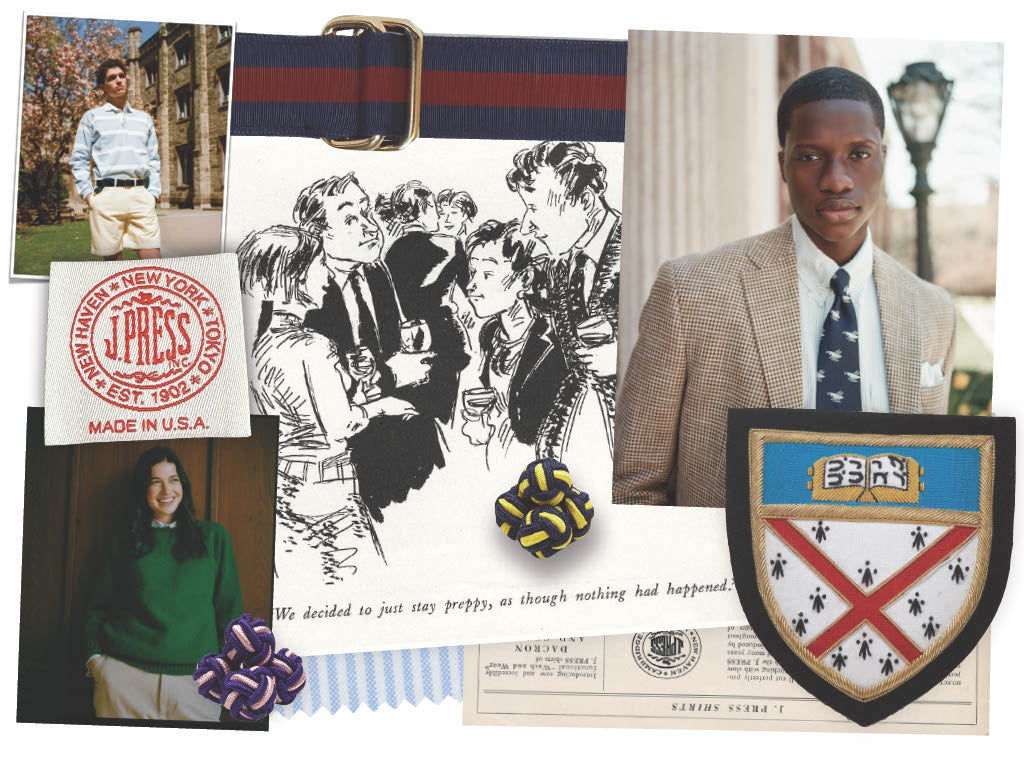
J. Press Forever
Today, J. Press continues to embody timeless American style and represents the very best of American tailored and casual clothing. We are proud to continue Jacobi Press’ commitment to excellence and proud to make many of our garments “the old-fashioned way.” To this day, many of our products are made by hand in America — in New York, Massachusetts, Connecticut, Georgia, and more — as well as in Japan, Scotland, England, Italy, and Canada.
